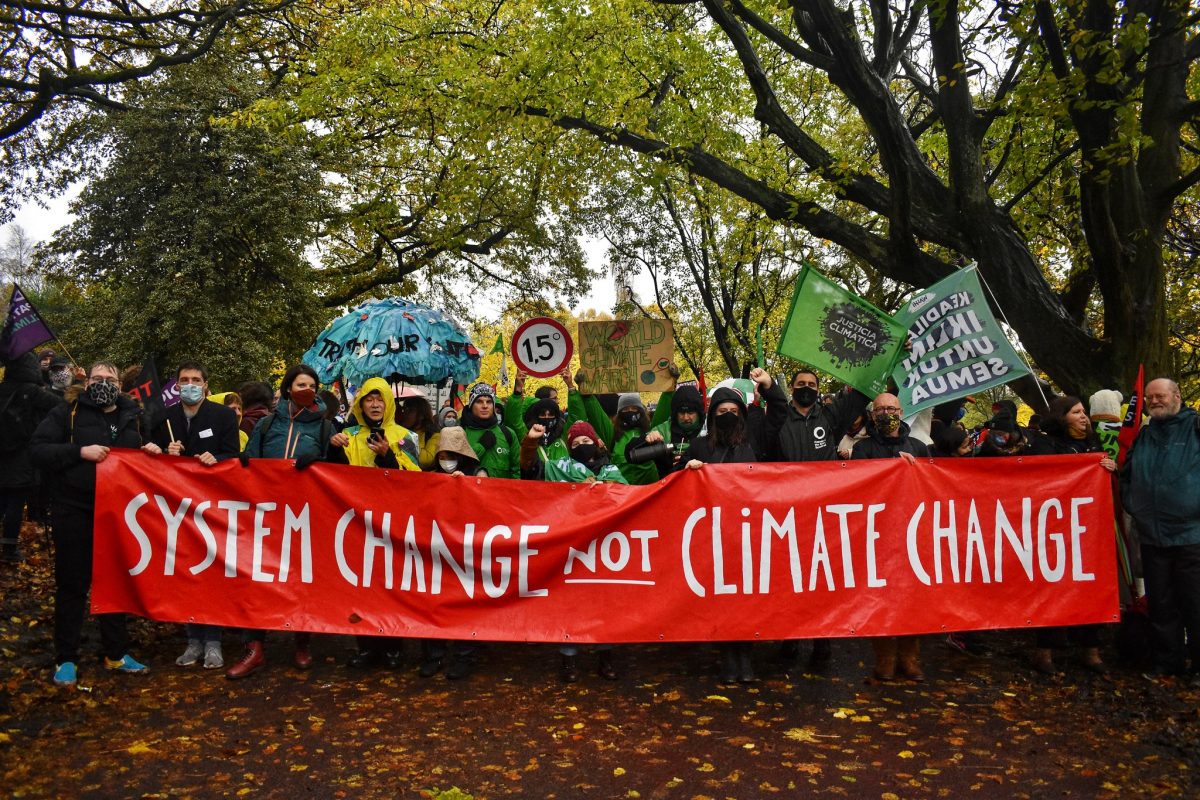
Onshore conventional oil & gas call for evidence – FoES response
Official response to the Scottish Government call for evidence on onshore oil and gas licensing.
Tackling the climate crisis has never been more urgent. In the 5 years since the current energy strategy was finalised, climate science and the reality of climate impacts around the world have made it clear that nothing short of a transformation of the economy and the energy systems it depends on is required to avoid catastrophic warming.
The solutions are clear: we must end the expansion of new fossil fuels and leave much of existing reserves in the ground, rapidly and justly transitioning to a system powered by renewables with a reduced demand for energy.
The exploration for and development of any new fossil fuels, including onshore conventional oil and gas (and coal, which we deal with in our response to the separate call for evidence) in Scotland, is fundamentally incompatible with both the global goal of limiting warming to 1.5oC, and Scotland’s national target of net zero emissions by 2045 and the urgent interim target for 2030.
The Scottish Government has already positioned itself in opposition to unlimited oil and gas extraction, extending the moratorium on fracking indefinitely in 2019 and ending its support for Maximum Economic Recovery of North Sea oil and gas in 2021. A ban on all new licences for onshore conventional oil and gas in Scotland (and on planning permission for coal extraction) is a logical next step as part of a managed phase out of all fossil fuels, and one that the Scottish Government has the power to take now.
This year’s revision of Scotland’s Energy Strategy, combined with the development of a Just Transition Plan for the energy sector, comes at a critical time in the fight to avoid climate breakdown. The strategy covers the crucial years to meeting Scotland’s 75% emissions reduction target by 2030, and out to 2050, by which time Scotland is expected to have been at net zero emissions for five years.
Therefore it is essential that the new Energy Strategy and Just Transition Plan (ESJTP) sets out a comprehensive strategy for a managed and just phase out of the extraction and use of fossil fuels. A position of no support for onshore conventional oil and gas extraction in the new ESJTP must therefore be adopted, and enforced through the licensing regime and the new National Planning Framework 4.
